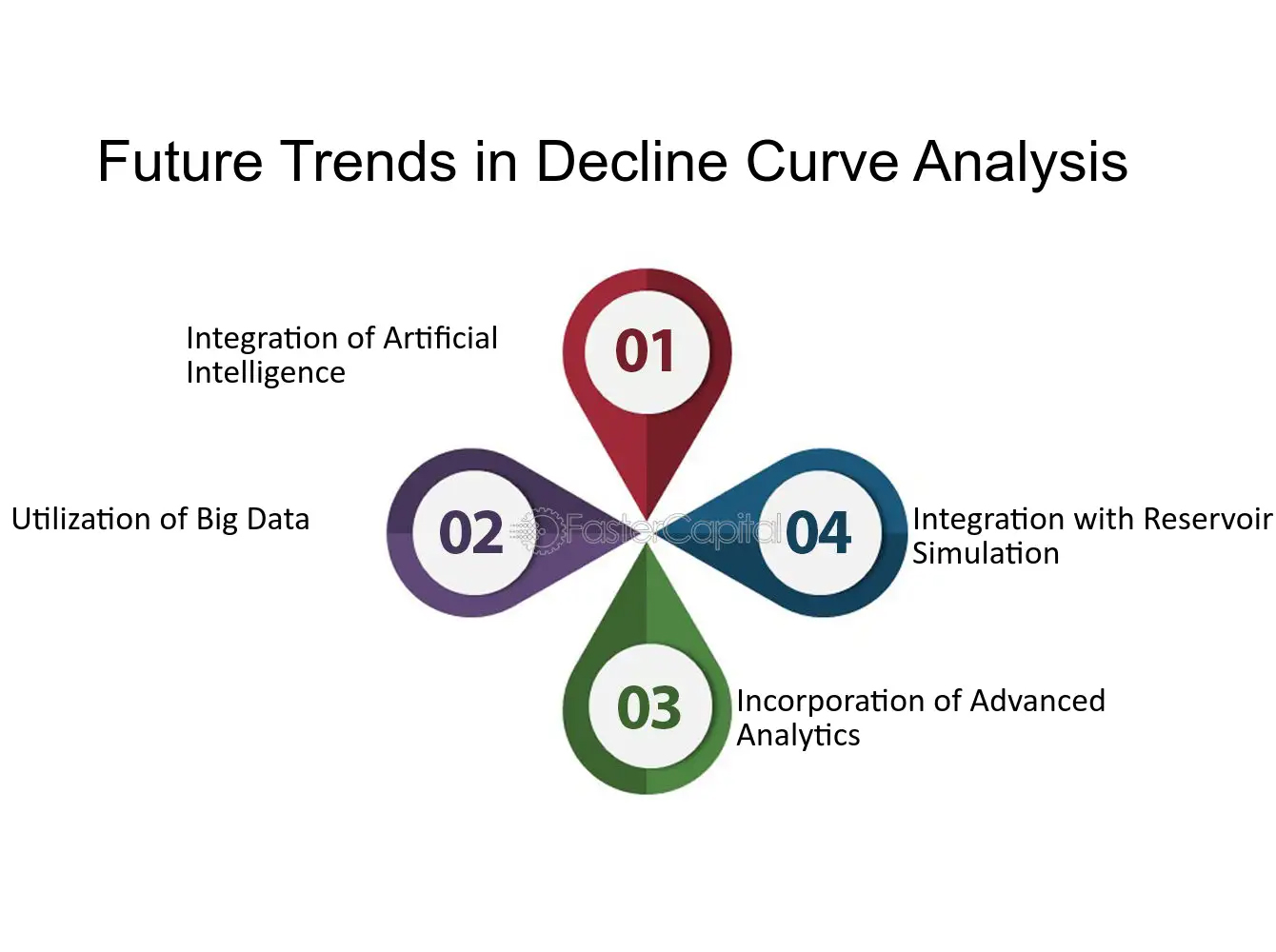**Unlocking the hidden potential of oil and gas reservoirs:** This **comprehensive course** equips you with the **foundational knowledge and practical skills** necessary to become a **competent reservoir engineer**. Dive deep into the **geological and fluid properties** that define reservoirs, **master production mechanisms**, and develop strategies for **efficiently extracting valuable hydrocarbons**.
**Target Audience:**
* This course is ideal for individuals with a **basic understanding of geosciences and engineering principles**, including:
* Geoscientists, geologists, and geophysicists seeking to enter the field of reservoir engineering.
* Petroleum engineers who wish to broaden their knowledge and understanding of reservoir behavior.
* Professionals from diverse industries involved in oil and gas exploration and production, such as drilling engineers, production engineers, and asset managers.
**Course Objectives:**
* **Demystifying the Reservoir:**
* Understand the geological origin and classification of hydrocarbon reservoirs.
* Analyze the crucial role of rock properties, porosity, permeability, and pore volume in oil and gas production.
* Explore different types of reservoir fluids, their behavior under changing pressure and temperature, and their impact on recovery efficiency.
* **Mastering Fluid Flow in Porous Media:**
* Gain a strong grasp of Darcy’s Law and its application in understanding fluid flow within reservoir rocks.
* Analyze the concepts of relative permeability, capillary pressure, and their influence on multiphase flow behavior.
* Learn to solve practical reservoir flow problems using analytical and numerical methods.
* **Unlocking the Secrets of Reservoir Drive Mechanisms:**
* Explore the various drive mechanisms that push hydrocarbons towards production wells, including pressure depletion, gas expansion, water influx, and gravity drainage.
* Analyze the impact of reservoir drive mechanisms on recovery efficiency and production profiles.
* Predict future reservoir performance and optimize production strategies based on drive mechanism analysis.
* **Reservoir Characterization and Data Analysis:**
* Understand the importance of reservoir characterization through well logs, core analysis, and seismic data interpretation.
* Learn to estimate critical reservoir parameters, such as reservoir pressure, saturation, and fluid contacts.
* Evaluate the uncertainty associated with data and develop risk mitigation strategies.
* **Production Reservoir Management:**
* Explore various well completion and stimulation techniques to enhance reservoir productivity.
* Analyze artificial lift methods, such as gas lift and electrical submersible pumps, and their application in different production scenarios.
* Learn to design and implement effective reservoir management plans to maximize hydrocarbon recovery and field life.
* **Evolving Trends and Innovation:**
* Understand the importance of reservoir simulation in modeling complex reservoir behavior and optimizing production decisions.
* Explore emerging technologies in reservoir engineering, such as horizontal drilling, hydraulic fracturing, and enhanced oil recovery techniques.
* Prepare for the future of reservoir engineering by understanding the evolving landscape and incorporating technological advancements.
**Course Outline:**
* **Module 1: Introduction to Reservoir Engineering:** Understanding the fundamentals, key concepts, and role of reservoir engineers.
* **Module 2: Reservoir Rock & Fluid Properties:** Analyzing rock porosity, permeability, pore volume, and various properties of reservoir fluids.
* **Module 3: Fluid Flow in Porous Media:** Mastering Darcy’s Law, multiphase flow, relative permeability, and capillary pressure.
* **Module 4: Reservoir Drive Mechanisms:** Exploring pressure depletion, gas expansion, water influx, and gravity drainage mechanisms.
* **Module 5: Reservoir Characterization and Data Analysis:** Understanding well logs, core analysis, seismic data, and parameter estimation.
* **Module 6: Production Reservoir Management:** Well-completion, stimulation techniques, artificial lift methods, and production optimization strategies.
* **Module 7: Reservoir Simulation and Advanced Techniques:** Modeling reservoir behavior, data integration, and advanced production workflows.
* **Module 8: Evolving Trends and Innovation:** Exploring horizontal drilling, hydraulic fracturing, EOR techniques, and technological advancements.
* **Module 9: Case Studies and Industry Applications:** Analyzing real-world reservoir engineering projects and extracting valuable insights.
* **Module 10: Building Your Reservoir Engineering Career:** Defining your career path, exploring professional development opportunities, and setting goals for continuous learning.
**Training Methodology:**
* **Interactive lectures:** Engaging presentations with real-world case studies, industry expert insights, and multimedia visuals.
* **Group discussions and workshops:** Foster collaborative learning, problem-solving, and applying theoretical concepts to practical scenarios.
* **Software demonstrations and data analysis exercises:** Gain hands-on experience with reservoir simulation tools and data interpretation techniques.
* **Optional online community platform:** Access additional resources, connect with fellow participants and continue learning and sharing experiences beyond the course.
**Course Benefits:**
- **Master the fundamentals of reservoir engineering:** Gain a comprehensive understanding of reservoir behaviour, fluid flow


